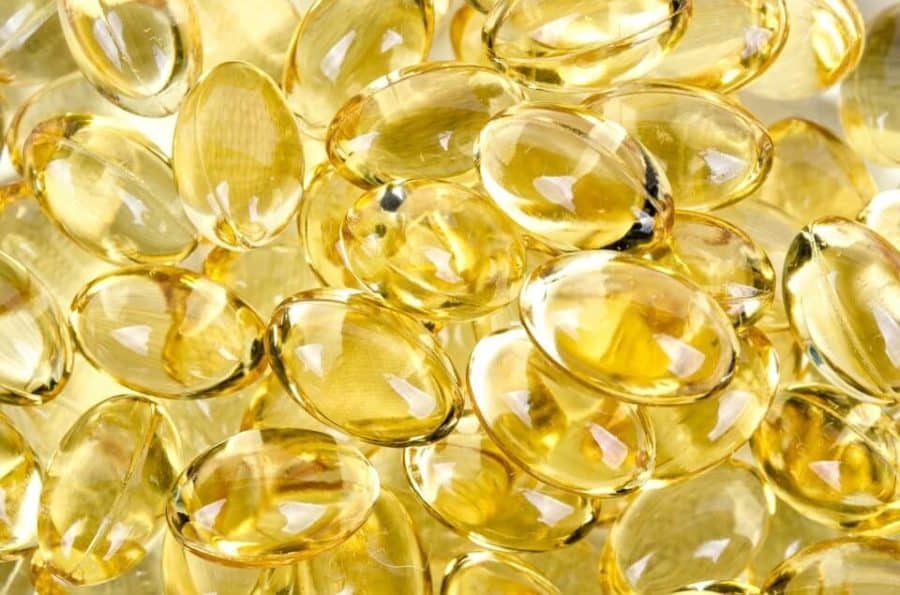Summary: A new study reveals that vitamin D supplementation during pregnancy continues to strengthen children’s bones even at age seven. The research, conducted over multiple years, found that children whose mothers took vitamin D supplements during pregnancy had higher bone mineral density, suggesting a long-lasting impact on skeletal health. These findings could have significant implications for prenatal care recommendations.
Journal: The American Journal of Clinical Nutrition, November 5, 2024, DOI: 10.1016/j.ajcnut.2024.09.014 | Reading time: 6 minutes
A Simple Supplement with Lasting Impact
When expectant mothers take vitamin D supplements during pregnancy, they may be providing their children with skeletal benefits that last for years. New research from the University of Southampton and University Hospital Southampton shows that these benefits persist well into childhood, with enhanced bone strength detected at age seven.
The findings come from bone density scans revealing that children born to mothers who received vitamin D supplementation have greater bone mineral density in mid-childhood. Their bones contain more calcium and other minerals, making them stronger and less likely to break.
The MAVIDOS Study: Following Children’s Growth
The research began in 2009 with the MAVIDOS study, which recruited over 1,000 women from Southampton, Oxford, and Sheffield. During pregnancy, the women were randomly divided into two groups – one receiving an extra 1,000 International Units of vitamin D daily, while the other received a placebo. Neither the women nor their healthcare providers knew which group they were in.
The researchers followed up with 454 children at ages six to seven, conducting detailed bone scans. These scans showed that the beneficial effects on children’s bones remained consistent from age four to seven.
Implications for Public Health
“This early intervention represents an important public health strategy,” explains Dr. Rebecca Moon from the University of Southampton, who led the analysis. “It strengthens children’s bones and reduces the risk of conditions like osteoporosis and fractures in later life.”
Looking to the Future
The findings reinforce current UK guidelines recommending vitamin D supplements during pregnancy. While the study shows clear benefits, further research will track these children through adolescence to understand how long these positive effects last.
Glossary
Bone mineral density: A measure of how much calcium and other minerals are present in bone tissue, indicating bone strength.
Placebo: A substance with no therapeutic effect used as a control in testing new drugs or treatments.
International Units (IU): A standardized measurement for vitamins and other biologically active substances.
Osteoporosis: A condition where bones become weak and brittle, increasing the risk of fractures.
Quiz
- How much extra vitamin D did mothers in the study receive daily?
Answer: 1,000 International Units - How many children were followed up at ages six to seven?
Answer: 454 children - What did the bone scans reveal about the children’s bones?
Answer: They had greater bone mineral density and contained more calcium and other minerals - From which three cities were women recruited for the study?
Answer: Southampton, Oxford, and Sheffield
Enjoy this story? Get our newsletter! https://scienceblog.substack.com/
If our reporting has informed or inspired you, please consider making a donation. Every contribution, no matter the size, empowers us to continue delivering accurate, engaging, and trustworthy science and medical news. Independent journalism requires time, effort, and resources—your support ensures we can keep uncovering the stories that matter most to you.
Join us in making knowledge accessible and impactful. Thank you for standing with us!

